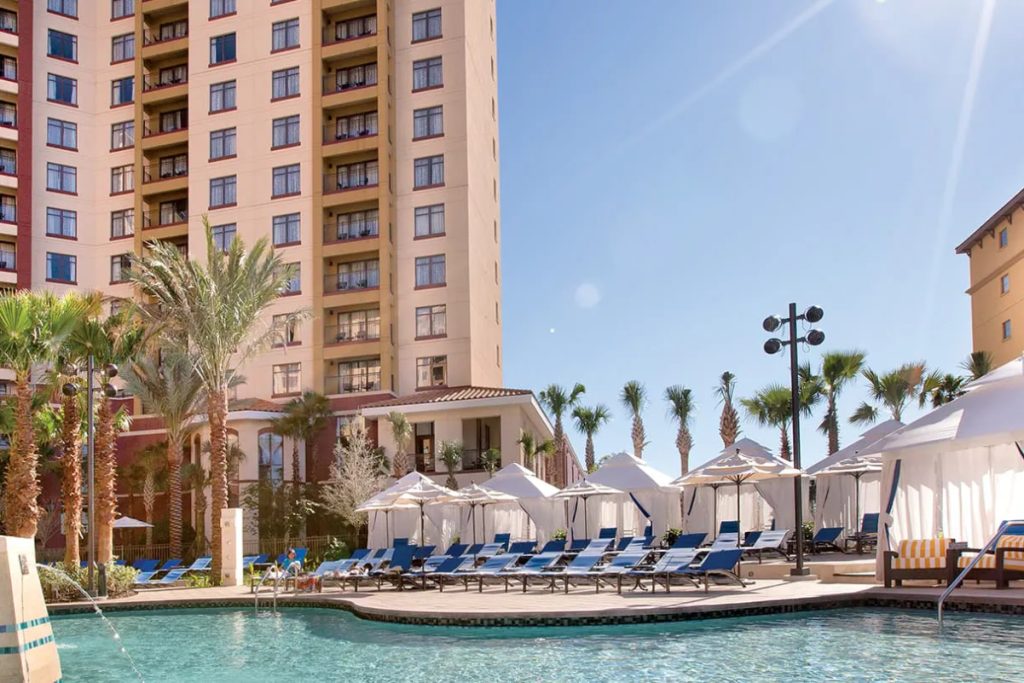The three largest U.S.-based vacation ownership companies have been experiencing a slowdown in consumer spending behavior during the second quarter. Executives noted a hesitancy among consumers, particularly new buyers in the lower income bracket, to purchase timeshares. Despite this, existing timeshare owners are strongly intending to use their properties within the next year. Sales volume for the sector in 2023 reached $11 billion, indicating a full recovery from pre-pandemic levels.
During earnings calls, Hilton Grand Vacations lowered its full-year EBITDA guidance and highlighted a decline in consumer spending behavior since June, particularly among new buyers. The company is focusing on improving direct online marketing and integrating its recent acquisition of Bluegreen. Marriott Vacations Worldwide experienced a decline in adjusted EBITDA and a decrease in effectiveness of its sales process for first-time buyers. The company’s rental profit increased, and it has plans to open a new resort in Waikiki in October.
Wyndham Destinations, unlike its competitors, was optimistic about its future growth prospects, with increased EBITDA guidance for 2024. Executives cited strong forward bookings and growth in new owner tours. The company has seen some pressure on loan performance, especially from customers with weaker credit scores. The acquisition of Accor’s timeshare business has also been positive for Travel + Leisure Co.
The three vacation ownership companies are looking to expand internationally to drive growth. Marriott Vacations Worldwide is planning a new resort in Thailand and has recently reopened a sales center in Bali. Hilton Grand Vacations is exploring opportunities to sell units to Japanese buyers and has expanded its footprint to include resorts in Europe, Mexico & the Caribbean, and Japan. Travel + Leisure Co. saw a significant increase in international tour flow in the second quarter thanks to the acquisition of the Accor timeshare business.
Executives noted that Maui’s recovery from wildfires has been slower than expected and has impacted sales performance in the area. Despite the reopening of resorts, companies have struggled to sell their products due to challenges in rehiring staff. Timeshare owners, however, seem happy with their purchases, as a survey found that 70% have already booked their next stay, indicating a strong intention to use their properties. About 60% of timeshare owners plan to travel in the next four months, despite an overall decline in travel demand.
Overall, the vacation ownership sector is facing challenges in the U.S. market due to consumer spending behavior, but executives are optimistic about international growth opportunities. Despite the setbacks in Maui, companies are looking to expand their footprints globally to drive future sales. Timeshare owners remain satisfied with their purchases, indicating a potentially strong future demand in the sector.


